
North Kivu Province – A0 Map
March 5, 2017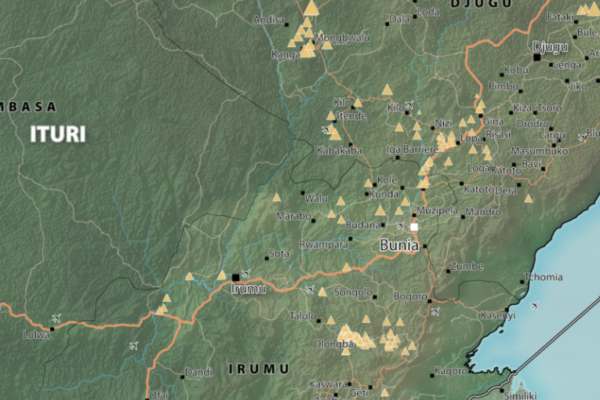
Map of Ituri
February 11, 2017Province of Ituri, DRC (Detail)
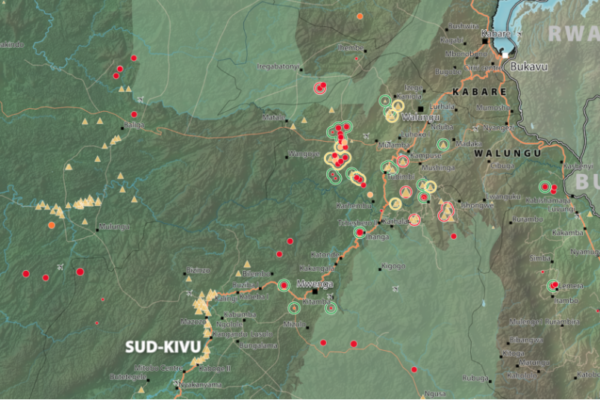
South Kivu Province – A0 Map
February 11, 2017South Kivu Province, DRC (Detail)
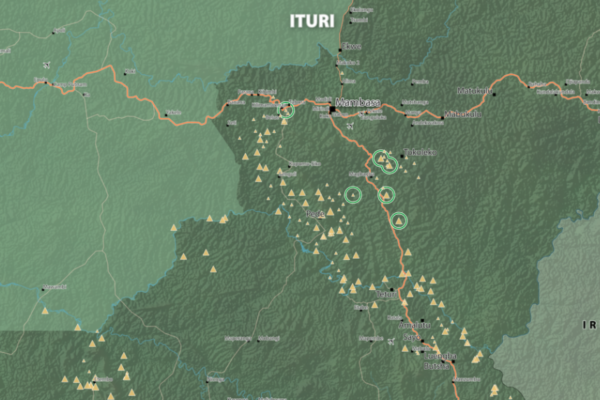
Map of Mambasa Territory
January 11, 2017Territory of Mambasa, Province of Ituri, DRC (Detail)
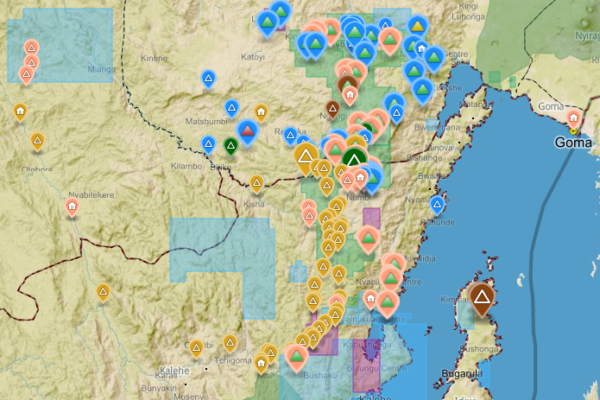
Analysis of the interactive map of artisanal mining areas in eastern DR Congo – 2015 update
October 25, 2016The Belgian research group IPIS has collected data on 2026 artisanal mining sites in eastern DRC over the last couple of years. IPIS observed an armed presence in more than half of the mines. In an interactive map, updated in 2015, IPIS provides information about the on-site presence of armed groups and the Congolese army (FARDC) as well as indicators of the relative importance of the site. It als
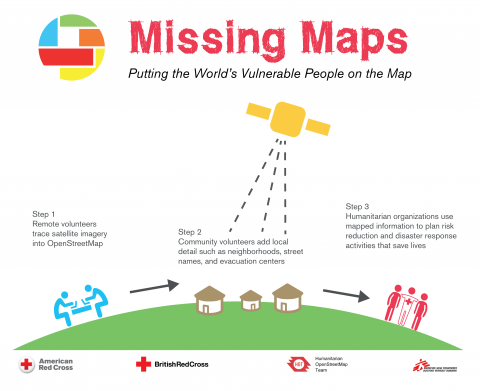
Missing Maps Mapathon / Wednesday, 26 October 2016
October 4, 2016IPIS, Missing Maps and OpenStreetMap Belgium organise another Missing Maps MAPATHON on Wednesday October 26, at the IPIS library! IPIS Research and Openstreetmap Belgium invite you to come map for the Missing Maps project with us. By doing so, you will learn how to create the open maps that make the work of NGOs like Doctors Without Borders or IPIS Research easier. After the event, you will be abl
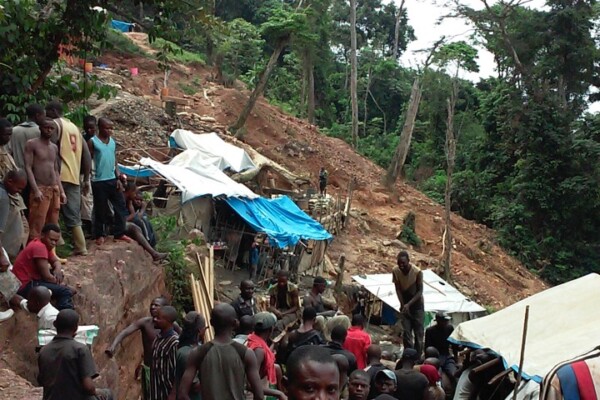
Third Party Review of the Bisie Security Report
July 19, 2016The so-called ‘Bisie Mineral Stock’ encompasses about 1,000 tons of cassiterite, extracted by artisanal miners at Bisie mines between November 2010 and June 2015. A number of bans on mining and mineral trade in this region, as well as some hesitance further down the supply chain to buy untagged minerals, meant that mineral production was not marketed, but stored in warehouses. From 2014 onwards, n

Missing Maps mapathon / Wednesday, 29 June 2016
June 8, 2016IPIS, Missing Maps and OpenStreetMap Belgium organise another Missing Maps MAPATHON on Wednesday, June 29, at the IPIS library! IPIS Research and Openstreetmap Belgium invite you to come map for the Missing Maps project with us. By doing so, you will learn how to create the open maps that make the work of NGOs like Doctors Without Borders or IPIS Research easier. After the event, you will be able

Coloured gemstones in eastern DRC: Tourmaline exploitation and trade in the Kivus
May 11, 2016Responsible sourcing efforts in the Democratic Republic of Congo (DRC) to date have focused predominantly on the so-called 3TG (tin, tungsten, tantalum and gold) sector. Nevertheless, the artisanal exploitation of other minerals including semi-precious gemstones, such as tourmaline, can also make notable contributions to local livelihoods […]
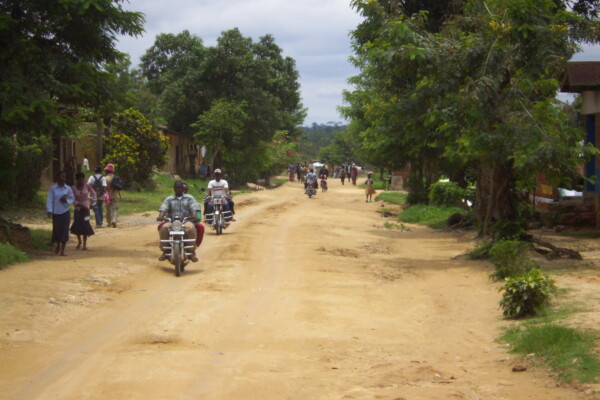
Extractive Orders: a political geography of public authority in Ituri, DR Congo
April 19, 2016Public authority is an essentially contested concept in the Democratic Republic of Congo (DRC). Not only is the ‘state of the state’ subject to profound disagreement in academic debates, but public authority on the ground is also the focal point of heated contestation. While some argue that the DRC does not exist as a state from the perspective of normative understandings of statehood, others argu

Missing Maps mapathon / Wednesday, 23 March 2016
February 17, 2016IPIS, Missing Maps and OpenStreetMap Belgium organise the mapping event ‘Missing Maps mapathon’ on Wednesday March 23 at the IPIS library! IPIS Research and Openstreetmap Belgium invite you to come map for the Missing Maps project with us. Doing so, you will learn how to create the open maps that make the work of NGOs like Doctors Without Borders or IPIS Research easier. After the event, you will
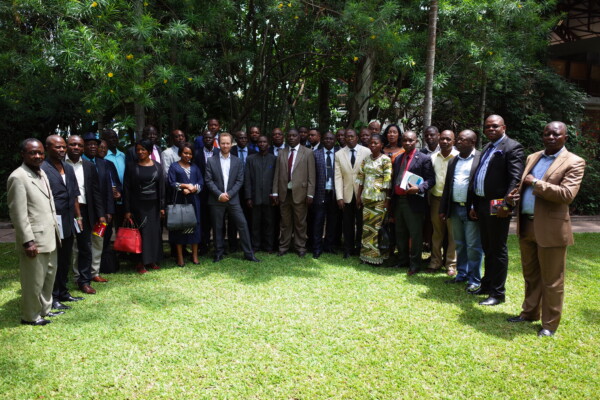
Presentation of SAESSCAM database on Artisanal and Small-scale Mining
November 26, 2015From November 17 to 19, IPIS presented its work during a multi stakeholder meeting in Kinshasa as part of a project to support artisanal and small scale mining in DRC. In partnership with Pact and Estelle Levin LTD, IPIS has provided capacity reinforcement for the Service d’Assistance et d’Encadrement du Small Scale Mining (SAESSCAM), a governmental agency. IPIS focused on reviewing existing data
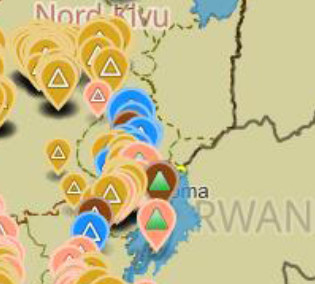
Mineral supply chains and conflict links in eastern democratic republic of congo
November 25, 2015Between 2009 and 2010 IPIS collected data on over 550 mining sites as part a conflict mapping exercise focusing on Eastern Democratic Republic of Congo (DRC). With the collaboration of Congolese researchers, IPIS collected the coordinates of the most important mining sites and information on on-site security in North and South Kivu provinces, Maniema, Northern Katanga and southeast Province Orient

COMING SOON! Missing Maps mapathon / Wednesday, 9 December 2015
November 12, 2015IPIS, Missing Maps and OpenStreetMap Belgium organise the mapping event ‘Missing Maps mapathon’ on Wednesday December 9th at the IPIS library! The Missing Maps project is an open collaboration between the Humanitarian OpenStreetMap Team (HOT), Doctors without Borders UK, and the British and American Red Cross. The goal of the project is to map the areas of the world that are the most sensitive to
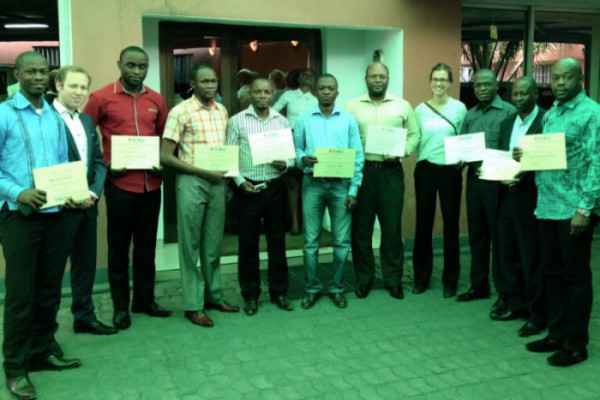
Renforcement des capacités en gestion de données
July 24, 2015English version below. Du 19 au 23 juillet 2015, l’Equipe d’IPIS a organisé une formation à Kinshasa destinée aux agents de la Division des Mines, du Cadastre Minier et du Service d’accompagnement et d’encadrement du Small-scale mining (SAESSCAM). Cette formation de quatre jours a permis de renforcer les capacités des membres de ces organisations gouvernementales notamment dans les d
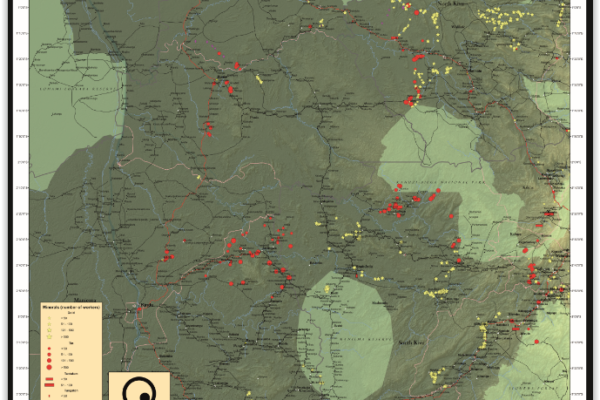
Maniema province – A0 map (2015)
June 4, 2015This is an A0 map of the Lubutu, Punia and Pangi Territories in Maniema Province, DRC
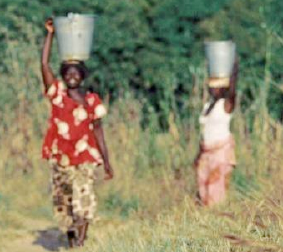
The Right to Water and Sanitation: A Practical Guide
June 1, 2015This guide is designed to raise awareness on the importance of the right to water and sanitation. It is addressed to those who work at the grassroots, and aims at helping them with practical ways to address the challenges of poverty and water issues. The guide adopts a bottom-up approach to highlight the steps that citizens and communities can take together with governments to address water and sa
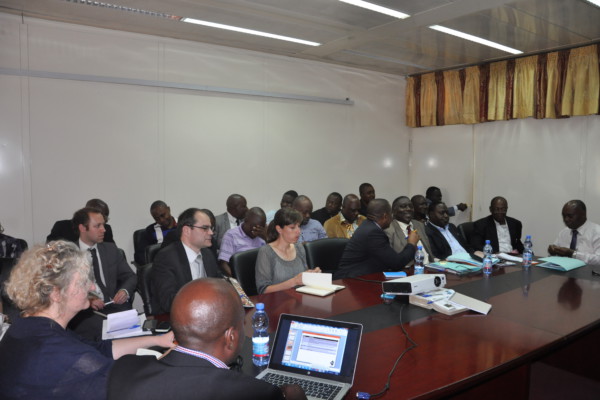
Exploitations artisanales et à petite échelle en RD Congo
April 1, 2015Launching ceremony of the artisanal and small scale mining project with Pact, ELL and IPIS in Kinshasa. Picture by Pact. – English below – Du 23 au 26 février, IPIS a participé au séminaire de lancement d’un nouveau projet “d’Elaboration d’un document stratégique sur les exploitations artisanales et à petite échelle”. En partenariat avec Pact et Estelle Levin LTD, IPIS travaille au renforcement de
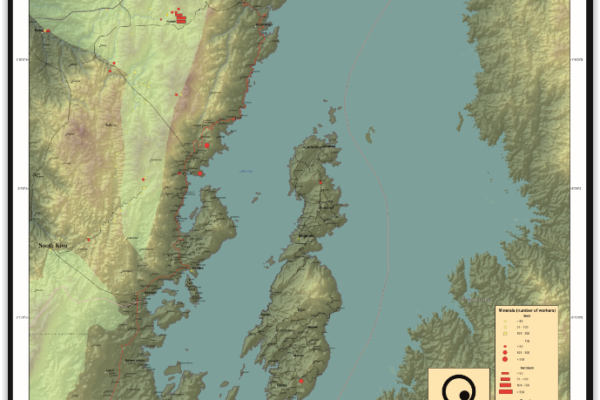
Idjwi Territory – A0 Map
March 5, 2015Idjwi Territory, South Kivu Province, DRC Idjwi Territory, South Kivu Province, DRC (Detail)
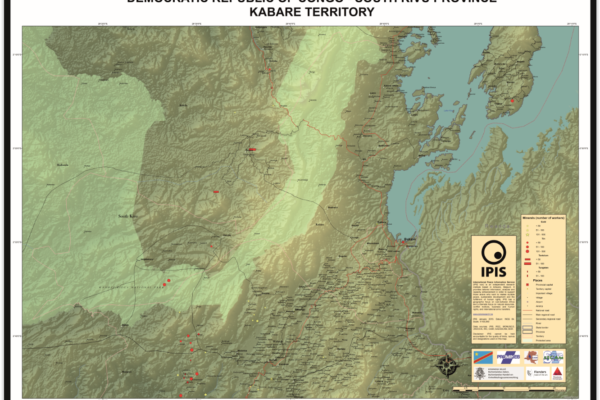
Kabare Territory, South Kivu – A0 Map
March 5, 2015Kabare Territory, South Kivu Province, DRC Kabare Territory, South Kivu Province, DRC (Detail)

